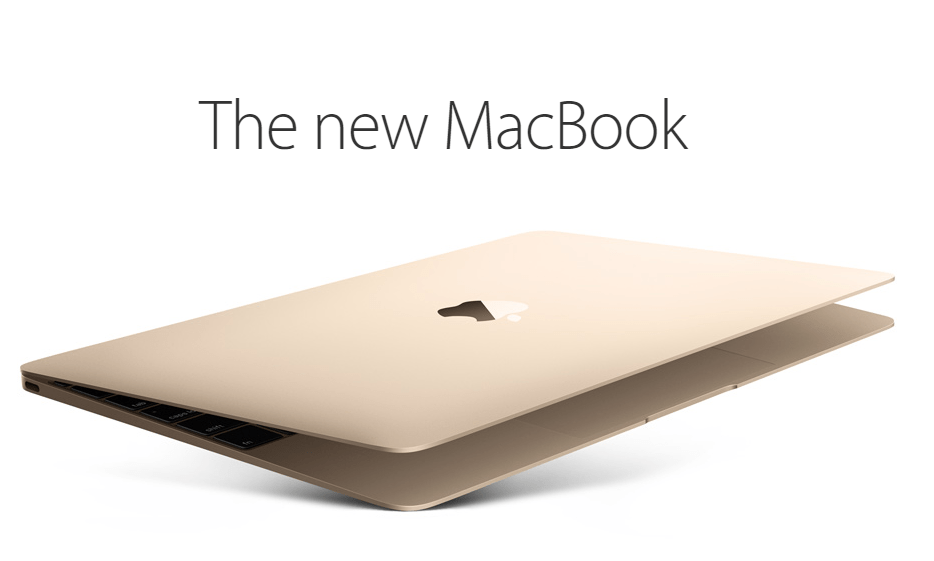Apple on Friday released its boldest MacBook yet, the 12-inch Retina model that only has a single USB-C port supporting both charging and other peripherals. In practice, the MacBook should feature generous all-day battery life, meaning users shouldn’t even have to carry the USB-C charging cable with them at all times. But there’s one very popular app that you might have to avoid if you want to ensure that your new MacBook lasts as long as Apple advertises.
DON’T MISS: The 5 best laptop bags you’ve never heard of
Using Google’s popular Chrome browser on the MacBook might significantly reduce battery life, which is something that happens with other MacBooks as well. While reviewing the 2015 new 13-inch MacBook Pro with Retina display, several sites including The Verge found that Google’s browser is still nowhere near as efficient as Safari.
Using Safari and cycling through a series of sites, the new MacBook Pro lasted for 13 hours and 18 minutes with the screen at 65% brightness. The same test performed using Google Chrome ended after 9 hours and 45 minutes of continuous browsing, more than three hours less than expected.
That’s still amazing battery life for the new MacBook Pro laptop, assuming you only browsing the web all day long. But there are plenty of other tasks that will consume battery life, so having Chrome cut down battery life by more than three hours might affect your overall productivity.
The simplest thing you can do to improve your MacBook’s battery life seems to be ditching Chrome when a charger is out of reach and relying on the default Safari instead. Apple says the ultra-portable Retina MacBook lasts for 10 hours on a charge when browsing the Internet with the screen set at 75% brightness.




